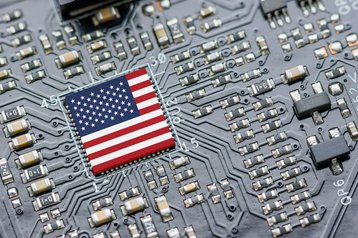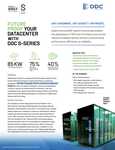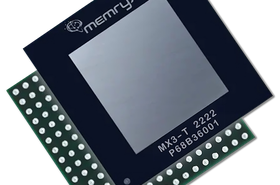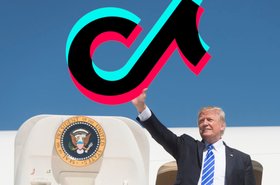President Donald Trump has said he would be announcing tariffs on semiconductors this week, but told reporters that he would afford some companies flexibility.
Trump has been threatening to impose tariffs on semiconductors manufactured outside the US since the start of the year, telling reporters in February: “It’ll be 25 percent and higher, and it’ll go very substantially higher over the course of a year.”
The announcement follows a weekend of confusion after the Trump administration said it was exempting “smartphones, computers, and other electronics” from the 125 percent tariffs currently being levied against China, although the products are still subject to the “existing 20 percent Fentanyl Tariffs,” Trump said.
In interviews with news outlets over the weekend, Commerce Secretary Howard Lutnick separately said that technology products would face “a special focus-type of tariff” and that although Trump has “exempt [electronics] from the reciprocal tariffs… they’re included in the semiconductor tariffs, which are coming in probably a month or two.”
However, despite exempting the electronics from the higher tariffs, in a post on Truth Social, Trump claimed “there was no Tariff ‘exception,’” instead saying that what his administration had done was move them “to a different Tariff ‘bucket.’”
The President also seemingly hit back at Lutnick’s comments, posting: “NOBODY is getting ‘off the hook.' Especially not China which, by far, treats us the worst!”
Last week, memory chipmaker Micron told customers it would be placing a tariff surcharge on memory modules and SSDs (solid-state drives) starting April 9. The company’s president and CEO, Sanjay Mehrotra, had previously said, “Where tariffs do have an impact, we intend to pass those costs along to our customers.”
The President is also preparing to ask the Department of Commerce to launch a Section 232 investigation into semiconductors, which could allow Trump to restrict imports of chips if he deems them to be a threat to national security. Section 232 investigations have already been launched in copper and timber industries in an effort to justify the 25 percent tariffs Trump placed on the materials, Politico reported.
Following the statements from Trump and Lutnick, the New York Times reported on Sunday that China had halted the export of six rare earth metals and rare earth magnets necessary for component parts needed in the semiconductor, car, and aerospace industries.
In August 2024, it was reported that Chinese export controls on semiconductor materials had already caused supply chain issues for Western manufacturers, with prices of germanium and gallium almost doubling in Europe during a 12-month period.
As a result, scientists in Australia are exploring the possibility of helping to reduce supply chain pressures by extracting gallium and germanium as byproducts of mining operations.







